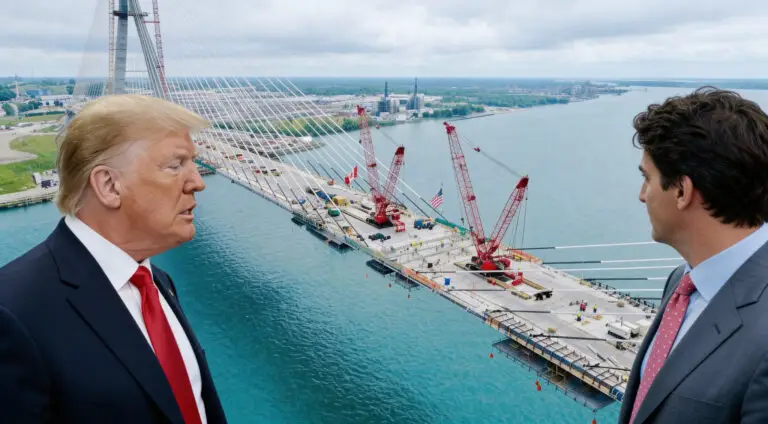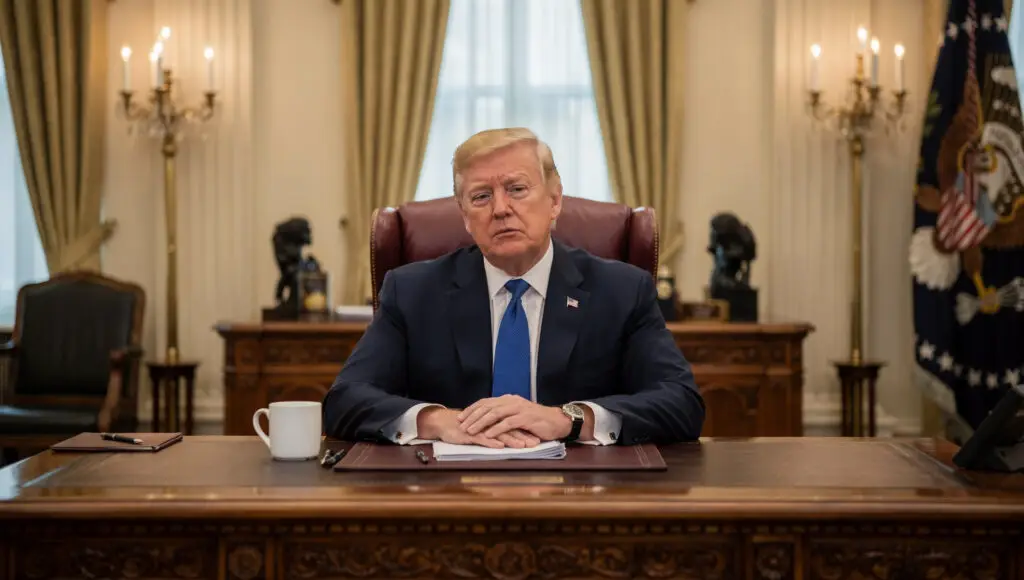A Long-Delayed Agreement Finally Signed
India and the United Kingdom signed their Comprehensive Economic and Trade Agreement (CETA) on July 24, 2025. The pact lowers tariffs on whisky, gin, and automobiles, while leaving politically sensitive areas like agriculture and legal services largely untouched. For both sides, the deal is as much about navigating domestic politics as it is about boosting trade.
Balancing Tariffs and Political Costs
The UK will allow nearly all Indian goods to enter duty-free, though the fiscal impact is small due to its already low tariffs.
India, with higher average duties, is cutting or eliminating tariffs on 90% of its lines, losing around $538 million annually. Yet both countries shield politically sensitive sectors — sugar for the UK and staples like rice and dairy for India.
Recommended Article: UK Politics: Protests Mount Against Palestine Action Ban
Whisky Wins, Cars Face Limits
One clear British win is Scotch whisky. India, already the second-largest market, will halve tariffs immediately and reduce them to 40% over a decade. The Scotch Whisky Association expects its market share to double by 2040. By contrast, the automotive concessions are narrow. UK exporters face quotas of only 10,000 cars each for compact and luxury models, limiting broader economic impact.
Setbacks for Legal Services
The UK’s legal sector pushed hard for access to India’s market but was excluded from CETA. Indian lawyers, however, will be able to establish a presence in the UK. This asymmetry highlights how domestic lobbying shaped the agreement.
Intellectual Property and Pharmaceuticals
India agreed to adopt voluntary licensing as the preferred mechanism for pharmaceutical patents, favoring British intellectual property. Yet, because compulsory licensing is rarely used, this change may not significantly affect India’s generic drug industry.
Beyond Market Access: Standards and Sustainability
CETA also introduces new provisions on customs, transparency, labor standards, gender equality, and environmental cooperation. For the first time, India included language on state-owned enterprises and sustainability in a trade pact. The agreement also promotes UK investments in clean energy, recycling, and the circular economy.
Strategic Cooperation, Not Just Liberalisation
While the deal avoids difficult areas like agriculture and legal services, it strengthens collaboration where both sides hold advantages. CETA signals a shift away from trade liberalization for its own sake, toward trade as a tool for strategic alignment and sustainable development.













